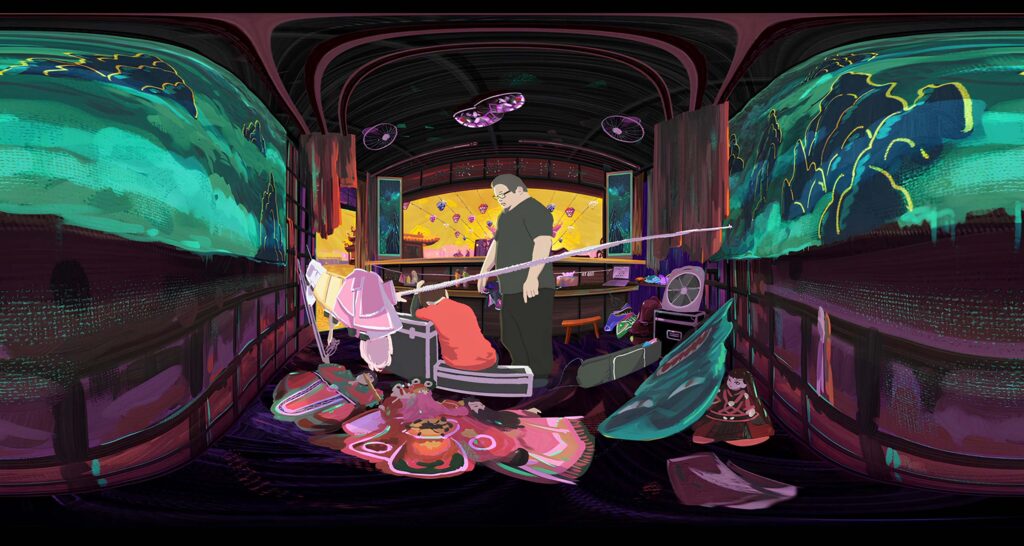
Animation has evolved significantly from being a resource limited to children’s entertainment to become an industry of great economic and creative relevance. In recent decades, animated content has ceased to be focused exclusively on children, expanding towards audiences of all ages. This transformation has been driven, in part, by the growth of streaming platforms such as Netflix, Disney+, and Amazon Prime, which have seen animation as a key resource to capture a wider and more diverse audience.
Animation is experiencing a moment of expansion and consolidation. Digital platforms have played a fundamental role in its growth, allowing the production and distribution of innovative and diverse content. Animation has become a powerful vehicle that, beyond entertainment, is able to connect with global audiences and transcend cultural barriers.
Traditionally, animation was dominated by companies such as Disney, whose legacy in children’s films such as The Lion King and Aladdin is indisputable. However, with the arrival of animated series aimed at an adult audience, such as The Simpsons and Family Guy, the industry began to show a broader potential. This change was consolidated with the arrival of Disney+ in Spain, which since its launch offered animated series for all types of viewers, including adults, with titles such as Futurama.

For its part, Netflix has also invested heavily in animation, with original productions such as Klaus, directed by Sergio Pablos, which came close to winning an Oscar, standing out against productions from giants such as Pixar. These types of initiatives have helped Spain to position itself as one of the largest producers of animated films globally, ranking third in Europe and seventh worldwide.
Spain has experienced significant growth in the creation of animated content, with more than 200 production companies responding to the growing demand in film, video games and television. This expansion has also generated new job opportunities, and according to the Association of Animation Companies (Diboos), more than 7,000 jobs are expected to be created in the coming years.
Globally, animation is no longer perceived as an exclusively children’s genre. Series such as Love, Death & Robots, produced by Netflix, are examples of how animation can address adult audiences with mature and complex themes. In addition, animation has been integrated into other areas such as advertising and the healthcare sector, demonstrating its versatility.
In Ibero-America, animation has also shown remarkable growth. Yago Fandiño, director of children’s content at Televisión Española, has highlighted the importance of co-productions with countries in the region, such as Brazil, Mexico and Argentina. ‘These collaborations not only enrich the content offer, but also enhance cultural exchange’ said in an interview.







